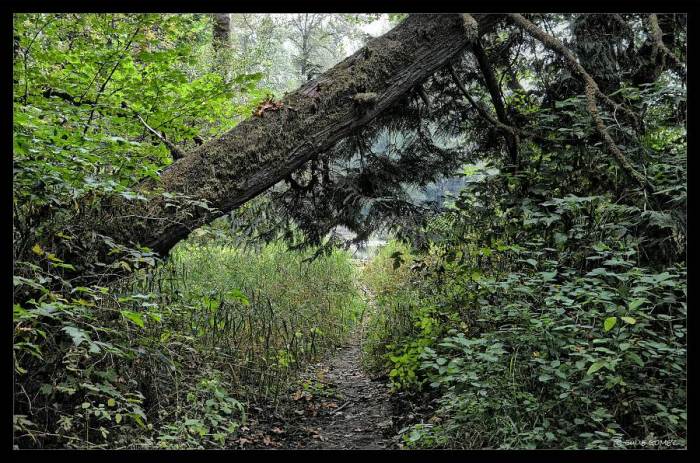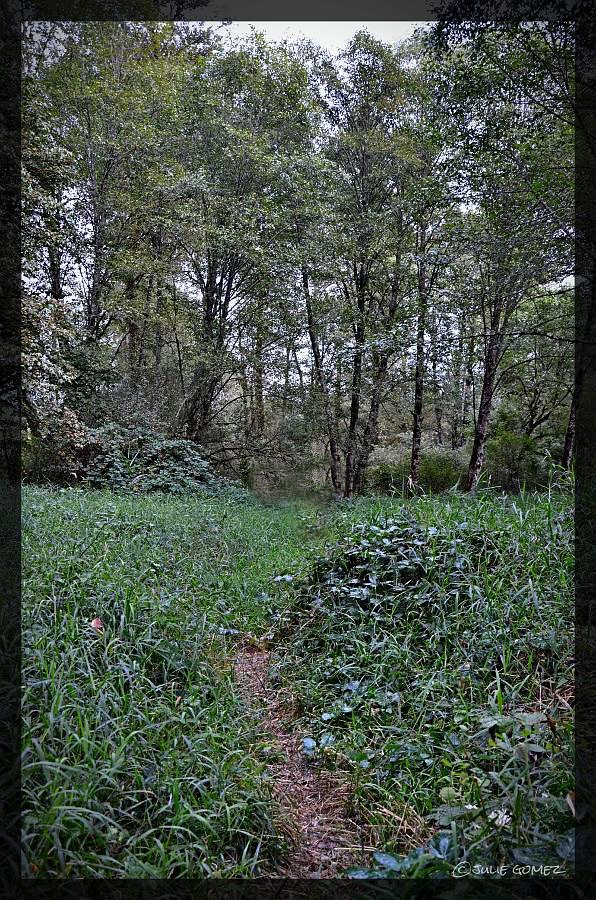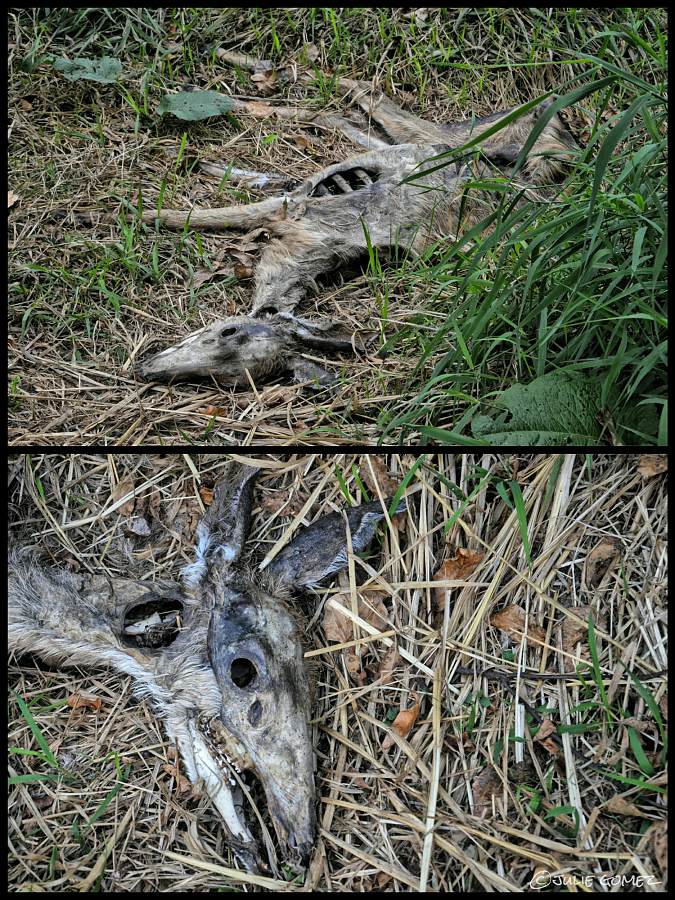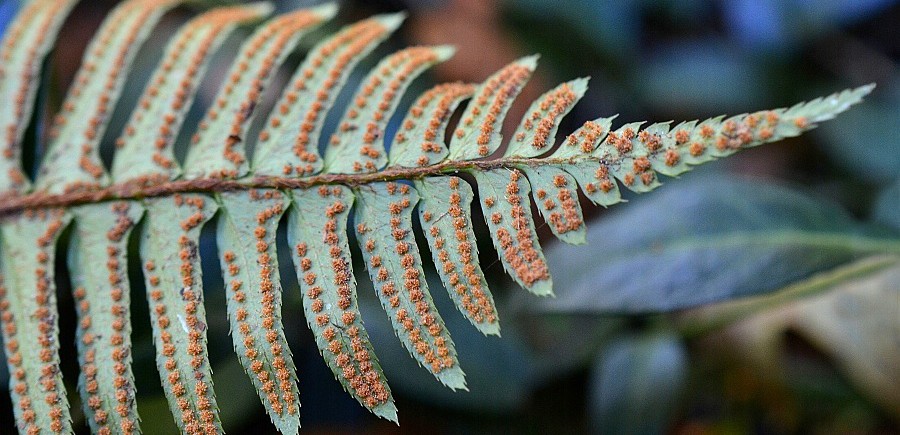
Come forth into the light of things. Let nature be your teacher.
—William Wordsworth, Poet (1770-1850)
❀ ❀ ❀ ❀ ❀
I’m a trout fisher, plain and simple. I know this now. I didn’t know it then. So when my husband suggested we take up salmon fishing I said, “Sure, why not.” That was in 2003. Since then, when I’m not casting to trout, I join him on his salmon quests. I say his salmon quests since the rivers where the salmon often take us are usually no place for a fly line.
When we began this venture, the first thing I asked was “Where’s the fly rod?” “It’s better to use a spinning rod,” Chris said. I haven’t used a spinning rod since I took up fly-fishing about fifteen years ago. The spinning rod felt awkward and heavy, and the mishmash of tackle, confusing. After an afternoon of casting and reeling, my arms ached. Even my rear was sore from sitting so long. You see, salmon fishing from a boat requires a lot of patience, a lot of sitting and waiting; waiting for the tip of your rod to bend.
Of course, one must go wherever the fish are. So, I waited; I would wait until their return to the tributaries, those smaller creeks and rivers that are meant for fly-fishing. After weeks of dry weather, it rained. Not in a big way, but enough so to entice the salmon to swim into the tributaries. At the creek, we pulled on our waders and boots, shouldered our packs, grabbed our rods, and began our trek. Overcast skies threatened rain; the air felt humid and damp. The trail was muddy, narrow, and dimmed by a mixed wood of firs, maples, alders, and cottonwoods. Their scent was fresh and sweet. At the clearing, the trail narrowed to a single file path. There were logs to step over; one log proved especially awkward for one wearing waders. The grasses were tall, waist-high in places, and there were head-high brambles; they were the worst with wicked thorns just waiting to slice an artery.




Rounding a bend in the trail, we came upon a deer, a small doe lying dead in the grass just steps from the trail. She had a large hole in her neck, and an even larger hole in her side. I thought her placement rather odd. It was just too neat, too perfect, and I couldn’t help think her death was deliberate.


We caught whiffs of rotting fish along the creek. Above the first logjam, we crossed below a small rapid, and then crossed again, where the creek bed branched. It was here we found bright orange Coho eggs (roe) that someone had left to rot in the creek. I felt it was such a waste. Chris and another angler thought so too. Chris wanted to cure them for bait. I wanted them to make caviar. I rummaged through my backpack. I usually carry a ziplock, but wouldn’t you know, the one time I needed one, I forgot to pack one.

Some men were fishing at the first logjam, and so we headed over to the second logjam. A slightly larger pool that was more crowded than the first. Both sides of the creek were elbow to elbow. I had my fly rod, but I didn’t fish. I would wait and fish the mainstem. I unzipped my pack, took out my trail chair, and sat in the autumn grasses listening to the clatter of cottonwood leaves. An ant colony was on the move, and I was right in their path. I constantly brushed them away. I was also swatting at flies that were attracted to a tainted buffet of fish guts nearby. When the wind changed, the smell of it was almost unbearable. From both sides of the creek, fishing lines crossed like spiders webs, often ending in a tangled mess. When the men weren’t catching each other’s lines, they were snagging fish in their bellies, backs, and tails. Some of the men laughed. I thought it cruel, and certainly not funny. When a fish was hooked and netted correctly, it had so many snag marks, its scales looked like they’d been rubbed the wrong way.

As I battled ants and flies, I heard shouting from upstream. They were coming from the first logjam. There was also a lot of splashing. I couldn’t make out what the men were saying since I can’t speak Spanish. So, I moved my chair from the ant trail and closer to the creek to have a better view. At first, it seemed like they were just fooling around in the creek; after all, it was an 8o degree-day. Then I saw the fish net. Their actions spoke louder than their words I couldn’t understand. They were salmon poaching! How they did it was one of the men would throw fist-sized rocks in the creek scaring the salmon into the pool, while three others tried to corral them. The fifth guy then plunged the big net into the pool, hoping to pull out a salmon. This went on and on. Their conduct was shocking!
Our spot at the second logjam was more crowded than ever. In an hour, it had gone from ten to twenty-plus anglers. It was time to move on. Along the mainstem, with room to fish, I wasted no time. I tied on a #4 woolly bugger. The current was swift, and carried my heavy fly with no problem. Fresh bright silvers jumped and rolled. Unfortunately, with the lack of rain we’d had, the fish were few. I did manage a few bumps and a tug, but didn’t hook them. Getting late in the day, I made one last cast. It was a good cast and drift, but on the retrieve in the fast current, I lost my woolly bugger in the rocks.


It started to rain as we hiked back; an uncomfortable, humid rain. When we reached the second logjam, it was still crowded. Chris tried a few short casts, but came up empty, thus concluding our salmon quest, and we started back. When we reached the first logjam, we were shocked to see the poachers still at it. They now had four salmon on the bank. The men played it cool as we approached and made our way across the creek. They acted as if they’d done nothing wrong, as their illegal catch lay on the bank. As soon as we were out of sight, we heard them splashing and shouting.
____________________
Poaching is a crime. Report it to your local State Police.
Copyright 2014. All rights reserved.
Thanks for stopping by!
